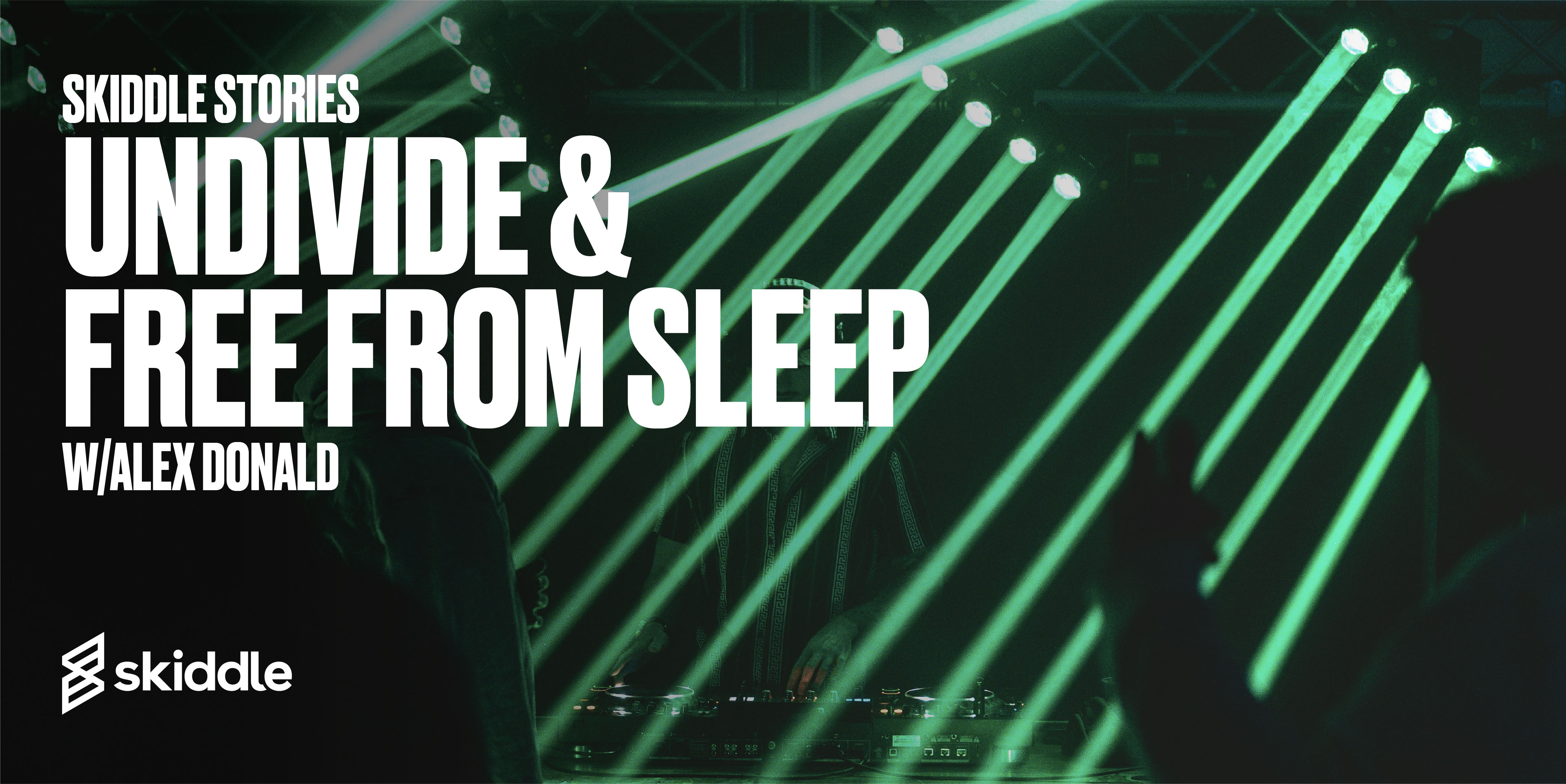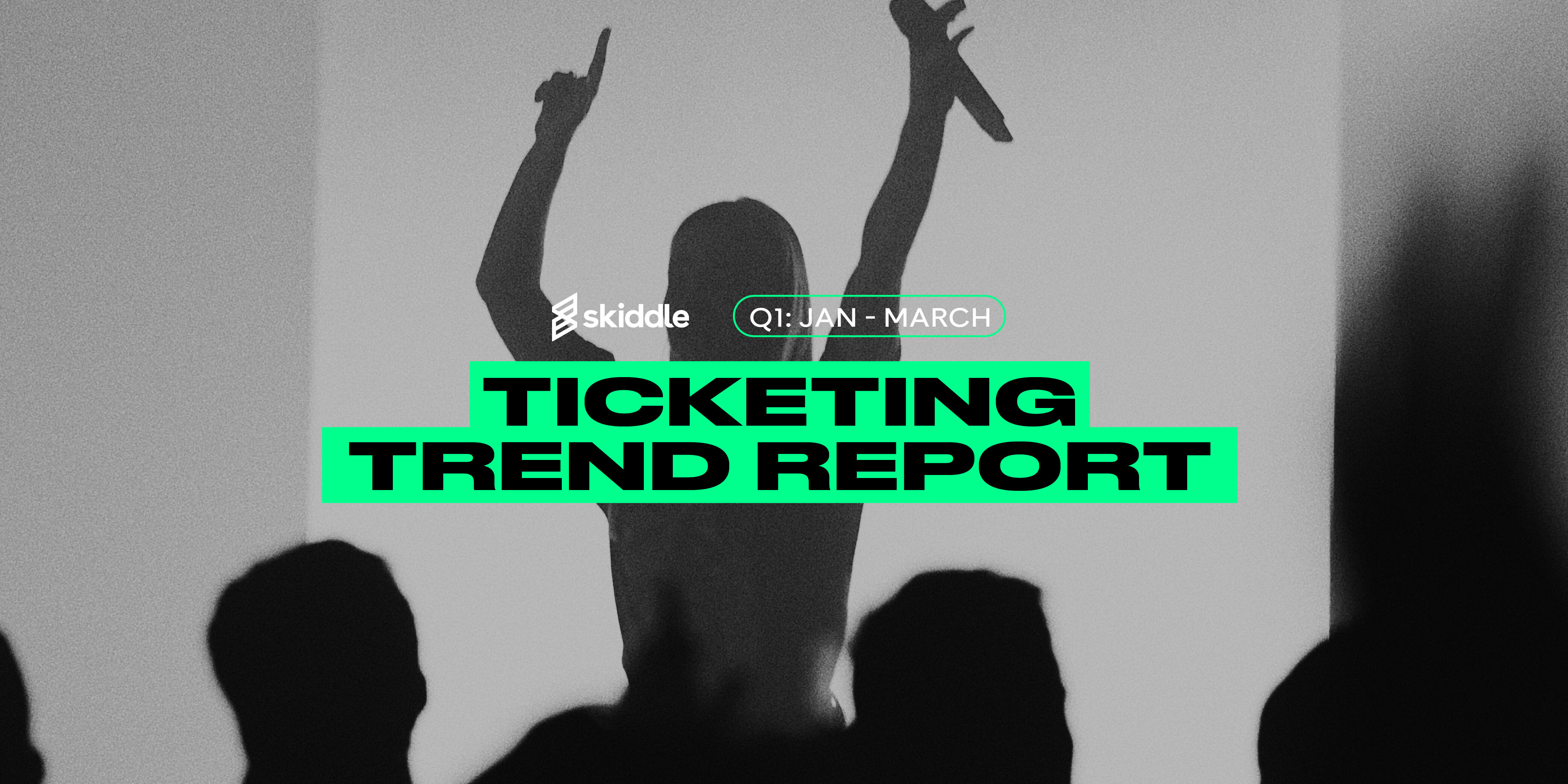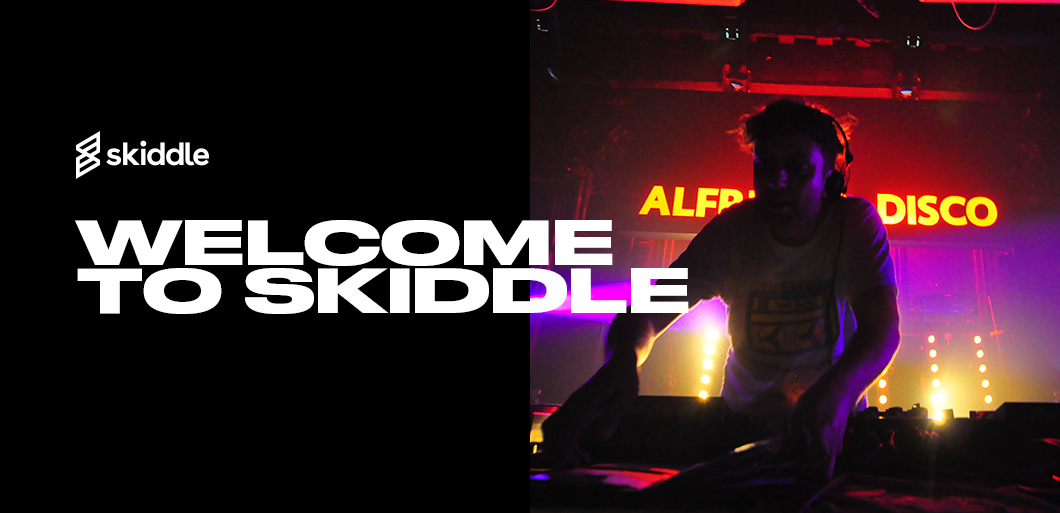- Events Industry News
Culture, Media and Sport Committee Debate on Secondary Ticketing
-
By Ben Sebborn
- 15 Nov 2016
- 9 min read

Image: Music Managers Forum
The Parliamentary debate on secondary ticketing took place earlier today, involving questioning of three different panels with various stakeholders within the industry. The two-hour conference overran by close to forty minutes, and was essential viewing for anyone interested in a better policing of the secondary ticketing market – something we’ve been actively pursuing for years. You can watch the video of the debate here, but here’s our summary of some of the key discussion points during it.
First up was You Me At Six singer Josh Franceschi, Arctic Monkeys manager Ian McAndrew and Music Manager Forum’s Annabella Coldrick, who focused on the unfairness meted out to fans.
Franceschi, who has been particularly vocal in recent times about attacking touting, described the measures he and his band have been taking, and was scathing about the consequences of touting on the relationship between fans that populate shows and the industry at large:
“There’s an element of mistrust now between artists and fans about tickets. The main losers here are the fans of live music. I don’t want to see them driven away from an industry which is already suffering from a lack of money coming into it where it needs it.”
When asked if he’d received support from other musicians, he cited both Mumford & Sons and One Direction as examples of two bands who had got behind what he’d said. What was more damaging though was how felt the music industry badly needed the money from fans to keep it within the music industry, arguing that they would spend more money on more shows if they didn’t have to allocate all of their budget for one event. Secondary ticketing essentially funnels music elsewhere which damages the grass roots hopes:
“One of the reasons we have Independent Venue Week is to support smaller venues because the business isn’t going through those halls… because the money is being taken out of the music industry and put in the hands of others.”
Among McAndrew’s points was the murkiness with how many tickets actually made it to the primary market for high-demand shows after the various deals that are involved (such as deals with sponsors, ticketing arrangements with agents and so on), stressing that “we have limited info about how tickets are distributed… (but there is) increasing evidence to suggest that it is far smaller than it should be.”
What was more alarming was how little he felt fans knew about where the tickets came from, a direct question presented to him for the committee. McAndrew was unequivocal in this instance:
“There is clear confusion among fans, with research suggesting fans didn’t know who they were buying the tickets off. It’s not clear enough who is primary and who is secondary. We’ve also seen primary search sites purchasing Google search positioning to make them seem more trusted. And there’s real confusion about what the face value price of a ticket is.”
That directly led to one of Coldrick’s points, where she pointed out ‘Integrated ticket conversion’ had been brought in by Ticketmaster in the USA, where the primary and secondary tickets are mixed up at point of purchase, further confusing fans as to what things are.
McAndrew later revealed he has been offered a deal for ticket inventory by one of the big four secondary sellers for a share of the profits, not out and out naming anyone, and it was telling that when put to them by the committee “is it not odd that eBay own StubHub, and that Ticketmaster own two secondary sites?” All three panelists were in agreement, smirking disapprovingly at the fact this was allowed.
The second panel allowed secondary agents the opportunity to answer to the committee, with MP Nigel Adams accusing them directly of having no interest in protecting music fans. Stubhub’s Head of Legal Paul Peak was quite straightforward in his company’s viewpoint – “we’re under no duty to police our own site”.
“We’re under no duty to police our own site” @StubHub‘s comments at the parliamentary debate on Secondary ticketing #StopTouts
— Skiddle Promoters (@SkiddlePromoter) November 15, 2016
Their collective responses were generally quite evasive, failing on numerous occasions to answer directly the questions put to them. What became clear as well was that they had no clear idea who the ticket sellers were – or at least had no eagerness to reveal this information. There were a number of mealy-mouthed suggestions that if they weren’t involved it would drive the market elsewhere and they repeatedly pointed out that they went to great lengths to educate their sellers to be more responsible – just not hold the company accountable.
Perhaps the most eye-popping moment though was when one of the committee pointed out that there were tickets available on GetMeIn for a Justin Bieber show for 29th November, with an original face value of £70, on sale for £1650 – with secondary agent a whopping £610 commission for two ticket sales. That’s over 2000% of the actual value and almost 500% of it on a commission alone. “Straight forward ripping off of fans” was the bold but completely true statement from the MP.
Their responses were shown to be even less satisfactory when the final panel called on two witnesses, Professor Michael Waterson who conducted the government’s ticketing investigation earlier this year, and Iridium Security’s Reg Walker. The latter, in particular, was scathing of the evidence delivered, pointing out that “around 85% of ticket re-sale outlets goes to the main four, and they offer preferential treatment to sellers who provide them with more tickets for sale. This is not passive participation.”
Walker reeled off plenty of names during the course of his testimony, claiming they were all touts courted by Viagogo, Stubhub and GetMeIn, due to them having such high value to them as a business thanks to the sheer volume of tickets they sell – GetMeIn’s biggest seller was harvesting £3million worth of ticket per year according to his research.
His revelations continued to get more and more alarming, first pointing out that for an industry estimated at making around £1.2 billion, only approximately £200 million can be accounted for on tax records. He also stated that organised crime gangs are exploiting secondary ticketing as a revenue source to help fund much higher level crime involving assassination attempts of police officers in Israel and paramilitary groups in Dublin. The connection to a multitude of ‘bad actors’ made Stubhub’s shady practice of no accountability even more worrying.
What was clear today was that secondary ticketing agents were making, at best, inadequate efforts to clean up an industry which proved to have quite alarming connections to very serious high-level crime. Exactly what steps can be taken next are unsure, but the MPs continued to be vociferous in their disapproval when speaking after the panel had ended.
Some of the suggestions that were brought forward included measures already taken by ourselves at Skiddle, such as a capped price resell platform (our Re:Sell does this), and including names on all ticket holders (something we have done since 2008). We’ve made this even easier to pass onto genuine fans recently by removing the admin fee to change the name on the tickets, and Cool:Off promotes flexibility in being able to change your mind about your ticket purchases within a 72 hour period – and not have to resort to secondary ticketing.
Speak to your Account Manager about setting up Cool:Off or Re:Sell for your event.















